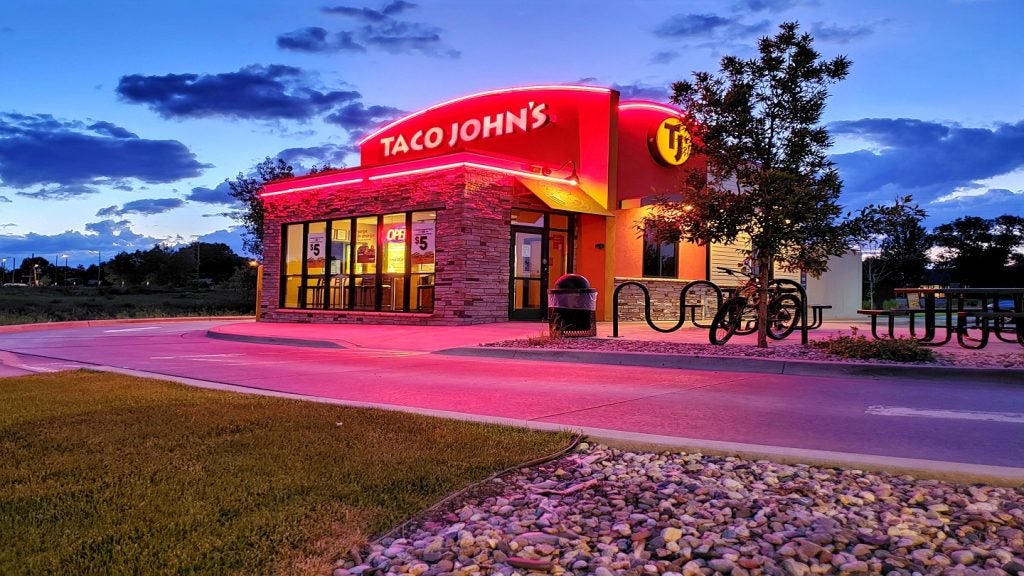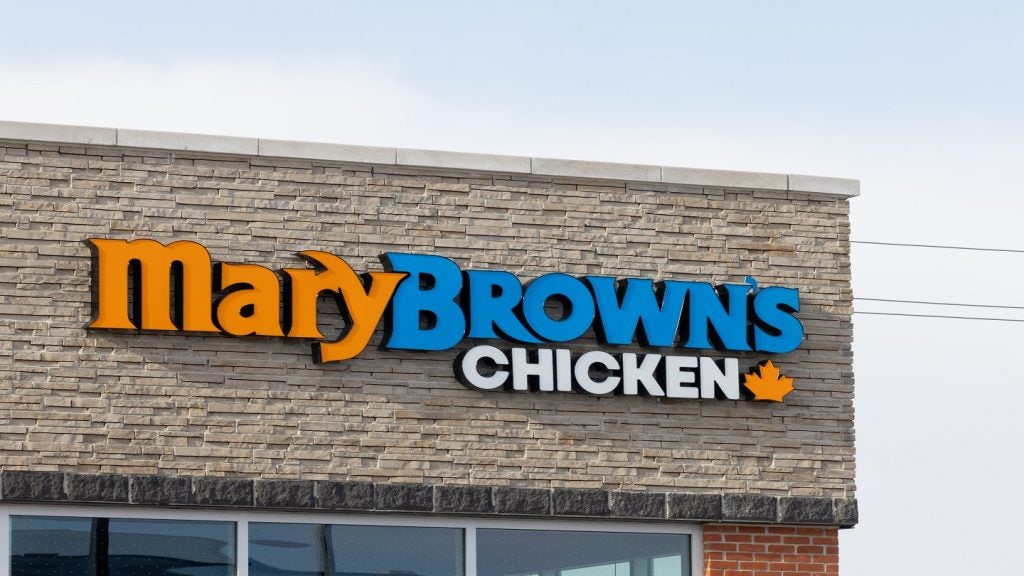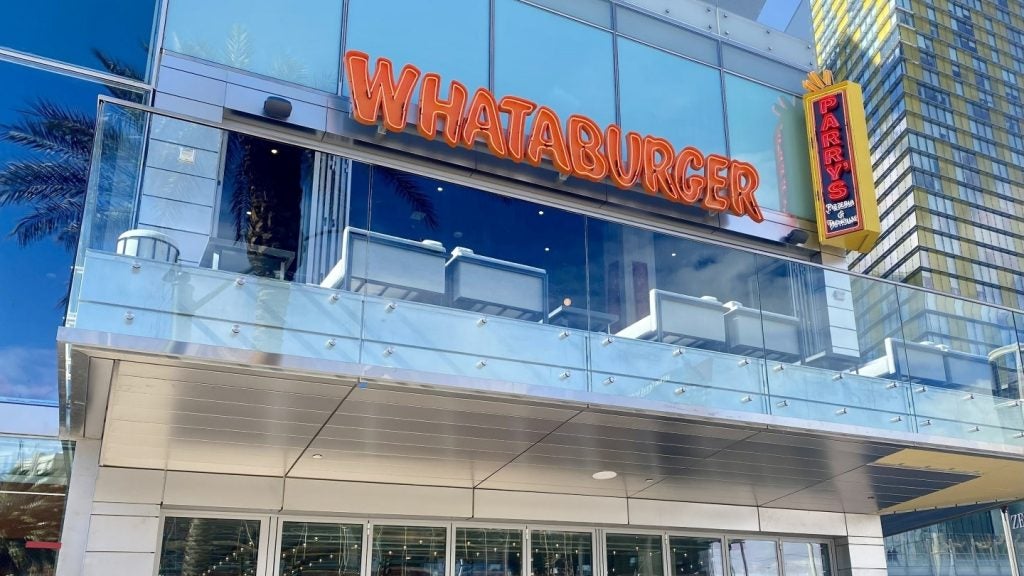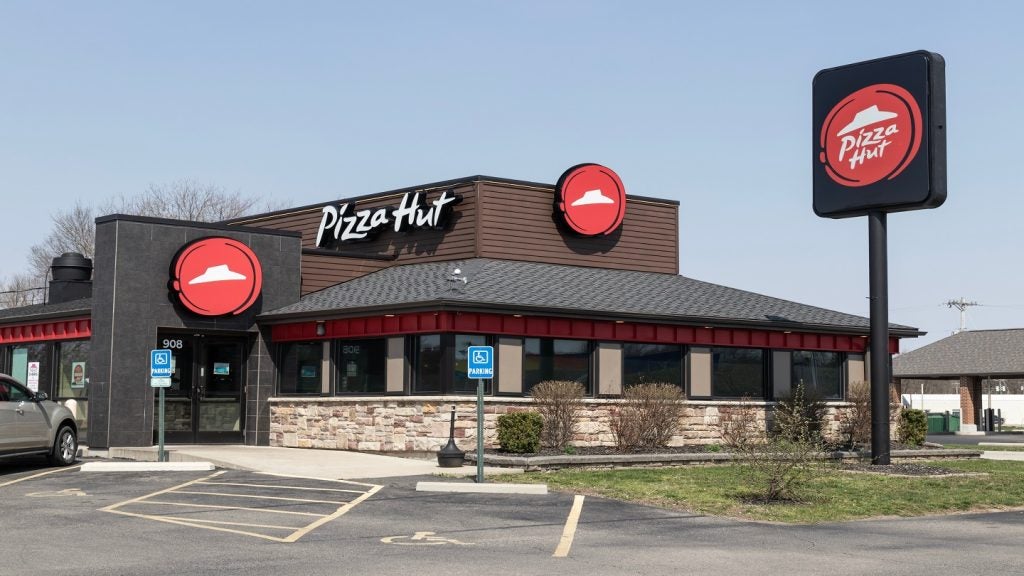Plant-based fast-food chain Neat Burger is set to be rebranded as "Neat", as part of a significant campaign, The Caterer has reported.
The restaurant chain, co-founded by Formula One star Lewis Hamilton, also plans to broaden its menu offerings beyond burgers and fries to include healthier options such as salads and freshly made ciabatta.
This follows the closure of four of its London facilities - half its footprint in the city - in 2023.
The rebranding also marks a strategic shift for Neat, which now aims to position itself as a daily healthier choice for consumers, moving away from the perception of being an occasional indulgence.
The original burger selection will be rebranded as "Better Burgers" and will feature a new patty recipe that includes oyster mushroom, pea protein, mung beans, onion and quinoa.
The chain describes the new patty as "cleaner, healthier and developed in-house."
Neat will also introduce new items such as the "Superfood Fritti" burger and a "Smash Burger".
The refreshed brand and expanded menu will debut in Neat's London locations, beginning with Soho and Victoria on 12 February 2024, to be followed by Camden on 19 February.
The company will roll out the new concept to Neat's international locations in Milan and New York City later in 2024.
Neat co-founder and CEO Zack Bishti stated: “With four years of consistent feedback, we're evolving to meet changing consumer needs in nutrition, taste preferences and dining convenience [...] working with delivery partners to double our radius across the city.
“This 360-brand evolution is a very exciting time for us, and we look forward to rolling out the evolved brand across our London and international estate.”
Established in 2019, Neat quickly expanded to eight restaurants in London with support from high-profile investors including Hamilton and actor Leonardo DiCaprio.
Despite a successful multi-million-pound funding round in 2021 and ambitions to grow to 30 sites in London, the brand's expansion was hindered.
Factors such as the increase in hybrid working models have been cited as one of the factors contributing to reduced footfall, leading to the closures.















